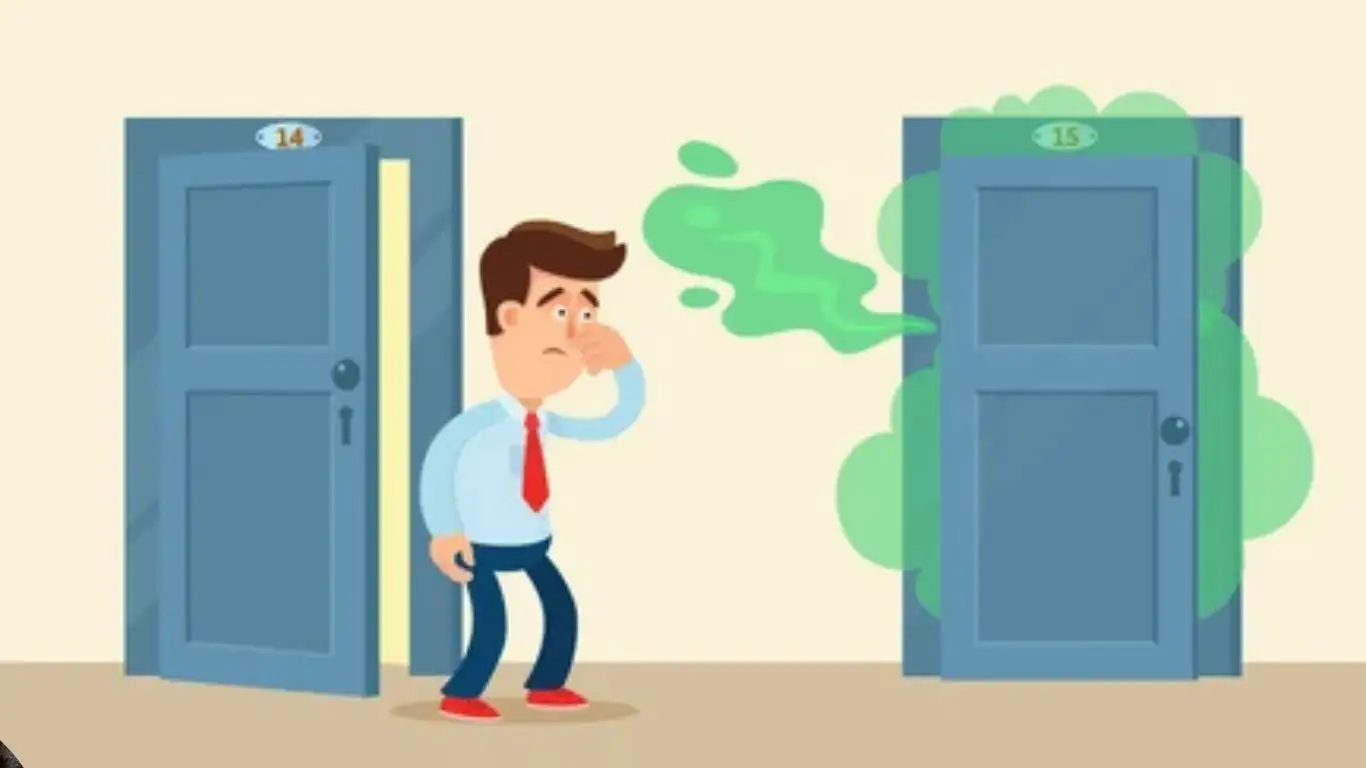Propane is a popular and versatile energy source used in many homes across the country. From heating your living space to cooking delicious meals on your stove, propane plays an essential role in modern residential life. But like all good things, it comes with its risks. One of the most critical safety concerns is identifying propane leaks early to avoid dangerous situations.
What is Propane?

Propane is a type of liquefied petroleum gas (or LPG) that’s widely used as a fuel source. It’s a cleaning, energy-efficient gas that is stored in liquid form under pressure. Once released from its storage container, it reverts to a gas for use.
Common Uses of Propane in Homes
Propane is incredibly versatile and is used in multiple ways in residential settings. Here are some common applications:
- Heating Your Home: Many households rely on propane for central heating systems or space heaters, especially in colder climates.
- Cooking: Propane-powered stoves, ovens, and grills are popular for their precision heating and efficiency.
- Water Heating: Propane water heaters provide a reliable means of ensuring you have hot water for showers and house cleaning.
- Outdoor Living: Fire pits, patio heaters, and even pool heaters often use propane as their energy source.
How Propane is Stored and Delivered
Propane is typically stored in tanks, ranging from small portable cylinders used for grills to large underground tanks that supply dream home. Delivery services are available for residential propane users to refill their tanks as needed. However, like any fuel system, it requires regular maintenance to ensure safety. One of the most fascinating aspects of propane is its distinct smell, which is designed to keep you safe. Let’s investigate the cause of this odor.
Propane’s Natural State
Did you know that propane gas is naturally odorless? It’s true! In its raw form, propane has no smell, which would make it incredibly difficult to detect leaks. To address this safety issue, manufacturers add a chemical compound called mercaptan to propane. This additive gives propane its distinctive house odor, making leaks easier to identify.
- What is Mercaptan? It’s a sulfur-based compound that smells like rotten eggs, skunk spray, or sulfur.
- Why is it added? The strong smell ensures that even small leaks are noticeable, helping you take immediate action to prevent hazards.
What Does Propane Smell Like in a House?

Now, let’s answer the main question: What does propane smell like in a house?
The Distinctive Odor
Propane gas smells like rotten eggs, sulfur, or a skunk’s spray. If you’ve ever been near a propane leak, you’ll recognize the unmistakable smell. This powerful scent is new house design to grab your attention and prompt quick action.
Comparing Propane Odor to Other Household Smells
Sometimes, other household odors can be confused with propane. For example:
- Sulfur Smell from Drains: A clogged drain can release a similar sulfur-like odor.
- Burning Smell: Electrical issues can sometimes produce a smell similar to that of gas.
If you’re unsure, it’s always better to err on the side of caution and treat any suspicious smell as a potential gas leak.
Sensory Tips to Identify Propane
To reliably identify propane’s odor, try these tips:
- Walk through your home slowly, focusing on areas near propane appliances.
- Take note if the smell becomes stronger near tanks or house pipes.
- Trust your instincts—if something smells off, take action immediately.
Signs of a Propane Leak Beyond Smell

Hissing Sounds
If you hear a faint hissing or whistling noise near propane tanks or appliances, it could indicate a leak. Propane leaks can kill nearby plants, leaving patches of dead grass or vegetation around outdoor tanks. In colder temperatures, propane leaks can cause frost or ice to form on pipes, valves, or tanks.
What to Do If You Suspect a Leak but Don’t Smell Anything
If you notice these signs but don’t smell gas, don’t ignore them. Call a professional to inspect your house guide immediately. Your safety should always be your top priority when dealing with propane leaks. Here’s what to do if you smell propane in your house.
Immediate Steps to Take
- Evacuate the Area: Get everyone (including pets) out of the house as quickly as possible.
- Avoid Ignition Sources: Don’t use electrical switches, phones, or lighters, as they may ignite the gas.
- Ventilate the Space: If it’s safe, open house doors and windows to let the gas escape.
- Shut Off the Supply: Turn off the propane supply at the tank if it can be done safely.
Contacting Professionals

Contact your propane supplier or emergency services immediately. They have the tools and expertise to handle leaks safely. Prevention is always better than a cure. Here are some tips to keep your propane system in top shape: Schedule routine inspections for propane appliances, tanks, and connections. Hire certified technicians to perform safety checks and repairs. Propane gas detectors are a valuable investment for added peace of mind. They alert you to leaks that might go undetected by smell alone.




